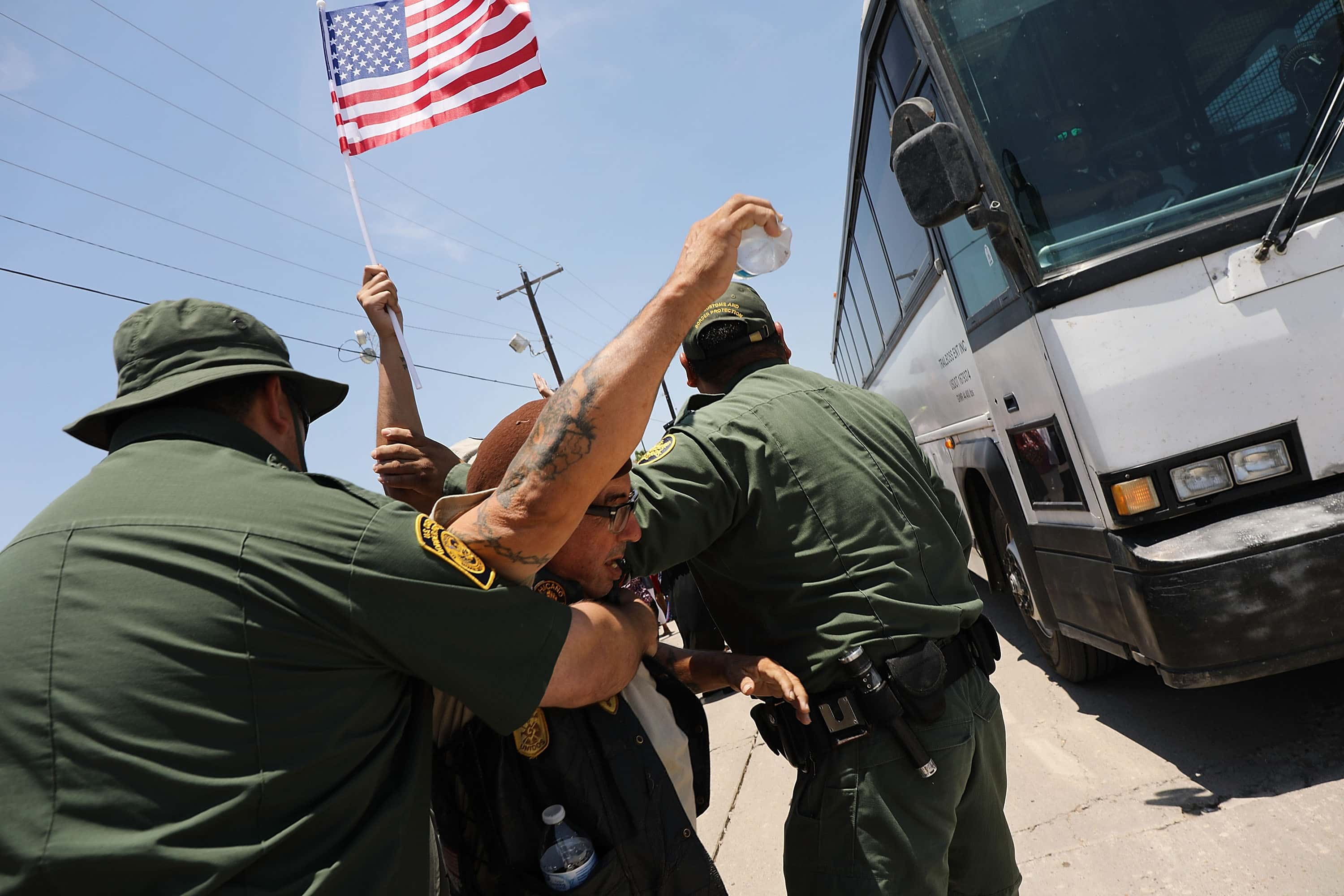SCOTUS to hear Albence v Guzman Chavez on January 11: A primer on the case about immigrant reentry and detention

Last June, the Supreme Court granted certiorari in two new cases and one of them deals with a narrow immigration issue in the form of Albence v. Guzman Chavez. The case is scheduled for argument before the SCOTUS on January 11 under the court’s 2020-21 term. The case came on a writ to the US Court of Appeal for the Fourth Circuit. It concerns the Immigration and Nationality Act (1952) and the statutory authority under which the government detains immigrants trying to overturn deportation after a removal order is reinstated.
The case
The Albence v. Guzman Chavez case originated in a dispute on whether the respondents -- a group of immigrants detained by the US administration pending deportation proceedings -- could seek release in bond hearings before judges related to immigration. The government said that it could not seek release since 8 U.S.C. 1231 made the immigrants subject to mandatory detention. According to the immigrants, 8 U.S.C. 1126 permitted them to go for release via bond hearings. The US District Court said the respondents were detained under 8 U.S.C. 1226 and asked the government to give the bond hearings. The Fourth Circuit upheld the district court’s ruling on appeal.

The issue
The question pertaining to the case is whether the detention of an alien who is subject to a reinstated removal order and who is pursuing withholding or deferral of removal is governed by 8 U.S.C. 1231 or instead by 8 U.S.C. 1226.
The background
Under the immigration act of 1952, when an immigrant who has been previously deported re-enters the US territory without legal permission, the previous deportation order “is reinstated from its original date” and “is not subject to being reopened or reviewed”. Besides, the immigrant may not contest the order except if he/she has a “reasonable fear of persecution or torture in the countries designated in their removal orders”.
The respondents in this case include a group of immigrants who entered the American territory with legal permission and were deported. They however re-entered without legal permission. Subject to deportation via reinstated removal orders, the immigrants challenged the removal orders claiming that they will be persecuted in their own countries. The government is detaining these immigrants pending the outcome of proceedings in relation to their claims.
According to a piece on Law & Crime, this case “relates to a small group of non-citizens – those who are the subject of reinstated removal orders and have credibly raised concerns of persecution and torture. Petitioners are Matthew T. Albence, in his official capacity as Acting Director, US Immigration and Customs Enforcement, and (former) Attorney General Bill Barr. Both the Fourth Circuit and the District Court ruled against the Trump Administration, holding that their reading of the statutes supports a finding that the individuals in question are entitled to seek release pending their hearings”.
The timeline of the case
Here is how the case has progressed so far:
Oct 10, 2019: The Fourth Circuit affirmed the judgment of the US District Court
January 17, 2020: Matthew Albence filed a petition with the U.S. Supreme Court.
June 15, 2020: The Supreme Court agreed to hear the case.
January 11, 2021: The Supreme Court will hear oral argument.
Petitioners in the case include
Matthew Albence, acting director of ICE.
William Barr, former attorney general.
Russell Hott, ICE field office director.
The Department of Justice Executive Office for Immigration Review.
Respondents include
Rogelio Amilcar Cabrera Diaz, Rodolfo Eduardo Rivera Flamenco and Jennry Francisco Moran Barrera on behalf of themselves and all others similarly situated.
Maria Angelica Guzman Chavez, Danis Faustino Castro Castro and Jose Alfonso Serrano Colocho.
Christian Flores Romero and Wilber A. Rodriguez Zometa (in the district court).










